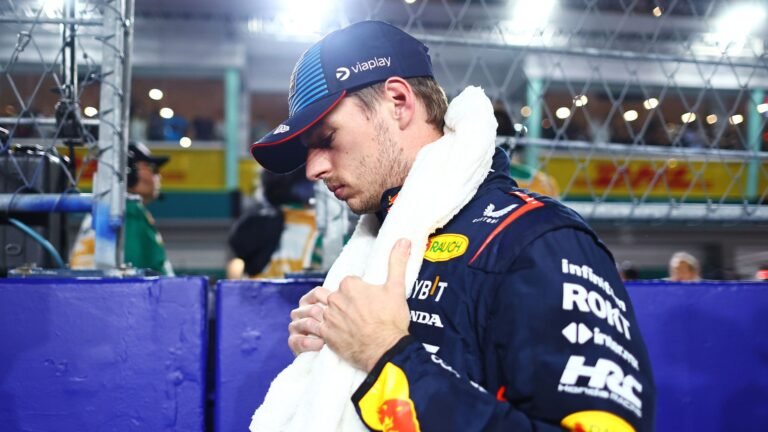
In a recent turn of events in the world of Formula 1, Max Verstappen has addressed the decision made by the race stewards to impose community service on him following an incident during the last race.
This unexpected ruling has drawn significant attention and sparked discussions within the motorsport community.
Verstappen, who drives for Red Bull Racing, found himself in hot water after an altercation on the track that raised eyebrows among fans and officials alike.
While the details surrounding the incident remain a topic of debate, the consequences were clear: the stewards deemed it necessary to impose a unique penalty that involves community service rather than the more typical fines or grid penalties.
Speaking to the media, Verstappen expressed his surprise at the decision, emphasizing that while he understands the need for accountability, he also believes that the ruling is somewhat unprecedented in the context of Formula
1. He remarked that the sport often relies on traditional penalties that directly affect drivers’ performance in races, making this community service requirement a novel approach.
The Dutch driver also took the opportunity to reflect on his actions during the race.
He acknowledged that emotions can run high in the heat of competition, and he is committed to learning from the experience.
Verstappen conveyed his willingness to engage positively with the community service, indicating that he views it as an opportunity to give back rather than merely a punishment.
The response from the F1 community has been mixed. Some fans and commentators have praised the stewards for introducing a more restorative approach to penalties, while others argue that it could set a questionable precedent.
They express concerns that such rulings may dilute the competitive spirit of the sport or lead to inconsistencies in how similar situations are handled in the future.
Verstappen’s comments underscore a broader dialogue about the role of drivers in the community and their responsibility as public figures.
He highlighted the importance of using his platform to inspire positive change and engage with fans beyond the racetrack. This perspective aligns with a growing trend in sports where athletes are encouraged to be active participants in their communities.
As the season progresses, all eyes will be on Verstappen to see how he integrates this community service into his busy schedule filled with races and team commitments. The incident and its fallout will likely remain a talking point as fans and analysts alike assess its implications for both Verstappen and the sport as a whole.
In conclusion, the imposition of community service on Max Verstappen by the F1 stewards represents a significant shift in how disciplinary actions are handled in the sport. With Verstappen’s open attitude towards the penalty, he may well set an example for future drivers about the importance of accountability and community engagement in the fast-paced worl
d of Formula 1.







